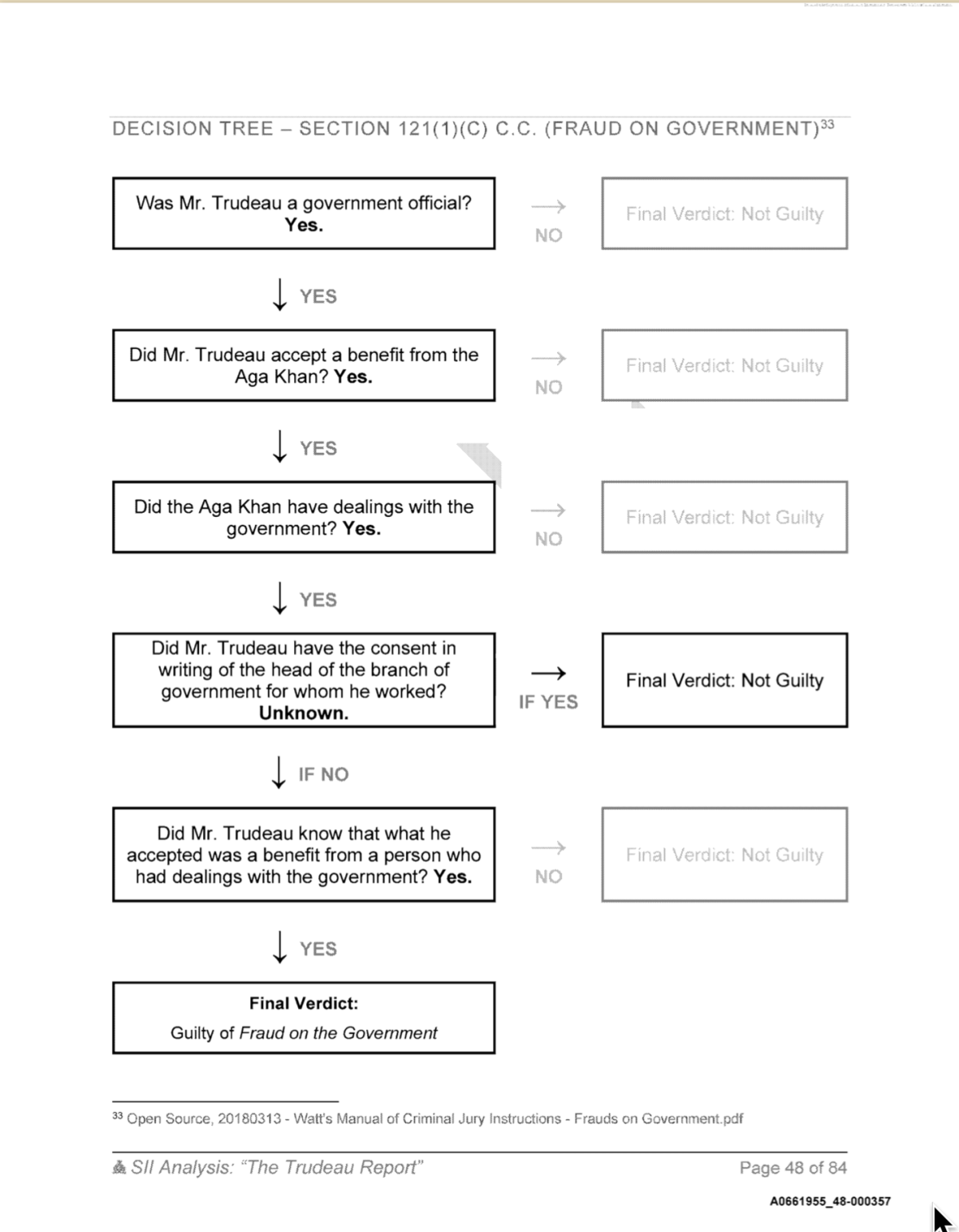The federal Conservatives want the RCMP to re-open an investigation that ended more than four years ago that examined whether Prime Minister Justin Trudeau committed a criminal act by accepting a free holiday at the private Bahamas Island owned by the Aga Khan.

Trudeau accepted the invitation from the Aga Khan to spend the 2016 Christmas holidays at his island in the Bahamas. Trudeau flew to Nassau on an RCAF jet but, from there, the Aga Khan’s helicopter took Trudeau to the island where he, his wife Sophie, then MP but now Labour Minister Seamus O’Regan, and some Liberal Party officials enjoyed the Aga Khan’s hospitality.
Parliament’s Conflict of Interest and Ethics Commissioner would subsequently determine that Trudeau broke provisions of the Conflict of Interest Act in accepting what she deemed to be gifts from the Aga Khan, whose organization, The Aga Khan Foundation, was then receiving federal government grants for its humanitarian work.
Researchers with the Conservative Party, meanwhile, filed a request under the Access to Information (ATI) Act to the RCMP to determine what steps investigators took to determine if Trudeau had broken other laws.
The results of that ATI request were recently provided to the party and the party has, in turn, provided them to several news organizations, including Global News. Among the 623 pages of RCMP documents released to the Conservatives was a “decision tree” flow chart prepared by investigators to determine if, in accepting the vacation offered by the Aga Khan, Trudeau could be charged with fraud on the government.
According to the documents, the investigators concluded that all but one element of a potential fraud charge were present, and that it was unlikely a charge could be upheld because of the missing element: Government officials are allowed to receive gifts, such as travel and vacations, so long as they have the written permission of their department head. Government officials who do not have that written permission could be charged with “fraud on the government.” But in the decision tree and elsewhere in the RCMP documents released to the Conservatives, the investigators say it is “unknown” if Trudeau had the “consent in writing of the head of the branch of government for whom he worked.”
The RCMP documents explain the particular difficulties with this case: As prime minister, Trudeau is the “head of government” and so, technically, there would be no one with the authority to grant him permission.
The RCMP concluded its investigation without filing any charges against Trudeau.

Get breaking National news
On August 19, 2019, RCMP Commissioner Brenda Lucki wrote to then Conservative MP Peter Kent — Kent had filed the original criminal complaint — telling him that the RCMP “…has decided that it cannot productively pursue a criminal investigation.”
That decision was made after the facts of the matter were reviewed not just by investigating officers on the RCMP’s “Sensitive and International Investigations Team” but by other senior officers on the force including Lucki herself. And, for good measure, the investigators asked for an outside lawyer to review their conclusions that no charges be laid.
- Ford distances himself from ICE vehicle order placed with Ontario-based company
- Alberta judges urge respect, independence after Danielle Smith said she wants to ‘direct’ them
- ‘I meant what I said’: Carney says he did not walk back Davos speech to Trump
- Canada and India vow to boost energy trade. What’s at stake?
But on Tuesday in the House of Commons, Trudeau responded to a question from interim Opposition Leader Candice Bergen that, “No,” he did not have written permission for the Aga Khan holiday.
That revelation, in the eyes of Conservative MP James Bezan, could have changed the outcome of the RCMP’s decision tree and, in Bezan’s view, is enough to warrant a fresh investigation.
“In my respectful view, Mr. Trudeau’s answer to that question … requires the national police force to re-open the matter and begin a criminal investigation immediately,” Bezan says in a letter to RCMP Commissioner Brenda Lucki.
“The office of Prime Minister is now under a cloud of suspicion. The very integrity and honesty of Mr. Trudeau is now in question.”
Global News reached out to the RCMP as well as to the office of Conflict of Interest and Ethics Commissioner Mario Dion to ask whether the additional information has warranted any further reviews.
“All examinations are conducted in confidence to preserve the integrity and fairness of the investigative process, so we cannot provide any more information at this time on any examination,” said a spokesperson for Dion.
“At the end of an examination a report would be issued that is, as you know, publicly available.”
The RCMP said their investigators already “examined this matter in the most thorough, impartial and professional manner.”
“All information available at that time was gathered from a multitude of sources, and a number of factors were taken into consideration in reaching a final decision – this included the feasibility of a criminal investigation given a number of limitations such as judicial oversight, a higher evidentiary threshold, and Parliamentary Privilege, as well as the likelihood of conviction,” the force said.
“After a thorough and impartial analysis of all available information, the RCMP determined that it could not productively pursue a viable criminal investigation in this matter.”
That analysis came from a special legal advisor with the RCMP’s E Division in B.C., as well as from the chair of the Civilian Review and Complaints Commission.
RCMP added the latter determination came “after a complaint was lodged by a private citizen.”
With a file from Global’s Amanda Connolly.









Comments